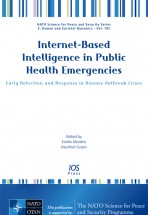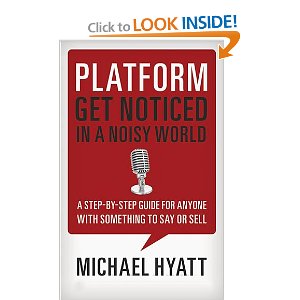
Internet‐Based Intelligence in Public Health Emergencies
Early Detection and Response in Disease Outbreak Crises
- Editors Mordini, E., Green, M. Pub. date March 2013 Pages 160 Binding softcover
- Volume 105 of NATO Science for Peace and Security Series – E: Human and Societal Dynamics
- ISBN 978-1-61499-174-8
- Subject Computer & Communication Sciences, Security & Terrorism, Social Sciences
Momentous social events result from the sum of micro-level changes in daily individual life, and by observing and fusing publicly available data, such as web searches and other internet traffic, it is possible to anticipate events such as disease outbreaks. However, this ability is not without risks, and public concern about the possible consequences of improper use of this technology cannot be ignored. Opportunities for open discussion and democratic scrutiny are required
This book has its origins in the workshop Internet-Based Intelligence for Public Health Emergencies and Disease Outbreak: Technical, Medical, and Regulatory Issues, held in Haifa, Israel, in March 2011. The workshop was attended by 28 invited delegates from nine countries, representing various disciplines such as public health, ethics, sociology, informatics, policy-making, intelligence and security, and was supported by the NATO Science for Peace and Security Programme. Its starting point was the 2009 outbreak of swine flu in Mexico. The book includes both scientific contributions presented during the meeting and some additional articles that were submitted later.
Interactions between public health and information and communication technologies are destined to be of great importance in the future. This book is a contribution to the ongoing dialogue between scholars and practitioners, which will be essential to public acceptance and safety as we rely more and more on the internet for predicting trends, decision-making and communication with the public.







